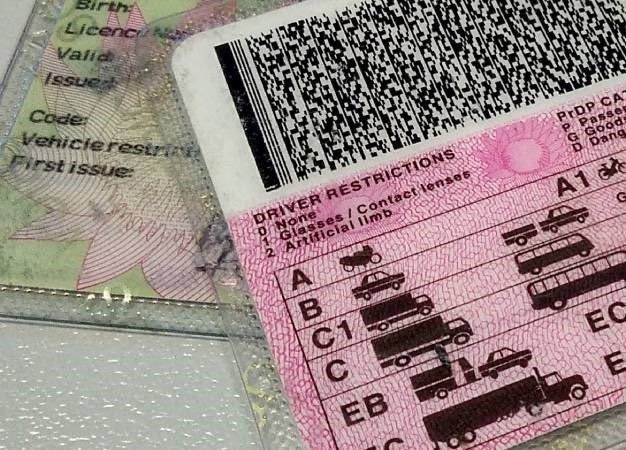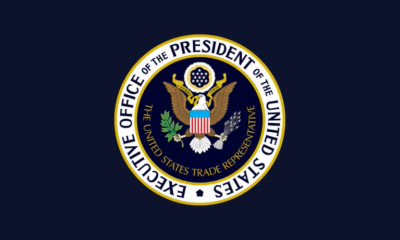News
Goodbye Plastic Cards: South Africa’s New Digital Driving Licence Is Almost Here

South Africa Prepares To Go Fully Digital With Driving Licences
South Africans may soon be able to ditch their old plastic driving licence cards for good. A new digital licence system, developed by a team in the Presidency, could revolutionise how motorists apply for, renew, and store their licences all without setting foot in a traffic department.
The prototype, built in just three months by the Presidency’s Digital Service Unit (DSU), is already being tested and will eventually allow citizens to complete the entire process from identity verification to payment through one mobile app.
Once officially launched, it will mean no queues, no printer breakdowns, and no more waiting months for a replacement card.
The MyMzansi App: A One-Stop Digital Hub
The digital licence system will operate through MyMzansi, a new mobile platform designed as a central access point for government services.
Developed using open-source digital public goods, the system can integrate seamlessly across multiple departments. It’s a key step in South Africa’s broader plan to modernise service delivery and make government more accessible to citizens.
The DSU collaborated with the Department of Transport to ensure the digital licence aligns with existing systems like NaTIS (the National Traffic Information System), ensuring all user data, payments, and verifications are secure and streamlined.
A Long-Awaited Shift
For years, South Africans have voiced frustration over endless queues, broken printers, and administrative chaos at licensing centres. The idea of a digital licence is not new it’s been discussed for nearly a decade but this is the first time a working system has been built.
Road safety expert and Driving.co.za managing director Rob Handfield-Jones has long argued that South Africa should have gone digital years ago. He believes the new system could finally address persistent inefficiencies, from production delays to fraud.
“Each driver already has unique biometric identifiers, and every vehicle has a VIN number,” he’s previously said. “There’s no reason we should still rely on physical cards in 2025.”
How The Digital Licence Will Work
According to the DSU’s deputy head, Richard Gevers, motorists will be able to:
-
Verify their identity using facial biometrics.
-
Link directly to NaTIS for real-time verification.
-
Process payments securely through the app.
-
Receive a digital licence with a unique scannable QR code.
Even eye tests will be simplified. Instead of visiting licensing centres, motorists will complete their tests with participating optometrists, who’ll issue a QR code containing their results for easy upload.
Cheaper, Faster, And Greener
Handfield-Jones also noted that maintaining a digital system would be significantly cheaper than producing plastic cards and maintaining costly printers.
Beyond the convenience, this shift could dramatically reduce the government’s carbon footprint and ease long-standing service delivery issues.
“Instead of waiting weeks or months, a licence could be issued in minutes,” Gevers explained during a demonstration.
Resistance To Change
While the technology is ready, experts believe the real challenge lies in overcoming institutional resistance. Handfield-Jones has previously expressed doubt that the Road Traffic Management Corporation (RTMC) would willingly abandon physical cards, which generate significant revenue through renewals and reprints.
Still, with growing pressure from the public and global trends moving towards digital identification, the push for modernisation may finally be too strong to resist.
South Africa Joins The Global Trend
South Africa would join a growing list of nations including Denmark, Norway, Iceland, Mexico, and several US states that have embraced digital driving licences verified via QR codes.
For a country that’s long battled inefficiency in basic services, this could mark a transformative moment. If successful, the digital licence rollout might not just change how South Africans drive it could redefine how they interact with government altogether.
{Source:Business Tech}
Follow Joburg ETC on Facebook, Twitter , TikTok and Instagram
For more News in Johannesburg, visit joburgetc.com


























